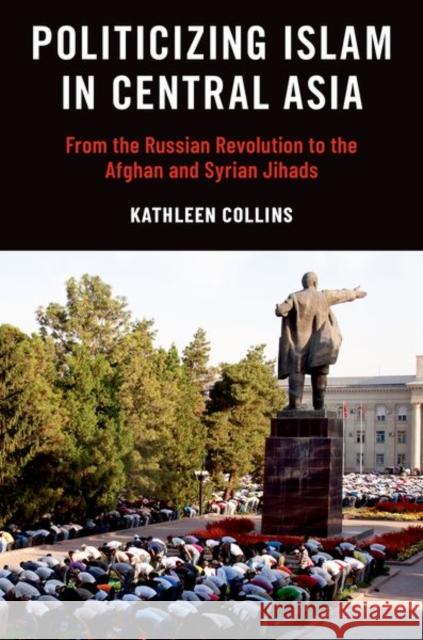Politicizing Islam in Central Asia: From the Russian Revolution to the Afghan and Syrian Jihads » książka
topmenu
Politicizing Islam in Central Asia: From the Russian Revolution to the Afghan and Syrian Jihads
ISBN-13: 9780197685068 / Angielski / Twarda / 2023 / 536 str.
Politicizing Islam in Central Asia: From the Russian Revolution to the Afghan and Syrian Jihads
ISBN-13: 9780197685068 / Angielski / Twarda / 2023 / 536 str.
cena 317,32
(netto: 302,21 VAT: 5%)
Najniższa cena z 30 dni: 306,88
(netto: 302,21 VAT: 5%)
Najniższa cena z 30 dni: 306,88
Termin realizacji zamówienia:
ok. 30 dni roboczych
Dostawa w 2026 r.
ok. 30 dni roboczych
Dostawa w 2026 r.
Darmowa dostawa!
Kategorie:
Kategorie BISAC:
Wydawca:
Oxford University Press Inc
Język:
Angielski
ISBN-13:
9780197685068
Rok wydania:
2023
Ilość stron:
536
Wymiary:
23.5 x 15.6
Oprawa:
Twarda
Dodatkowe informacje:
Bibliografia
Glosariusz/słownik
Glosariusz/słownik











